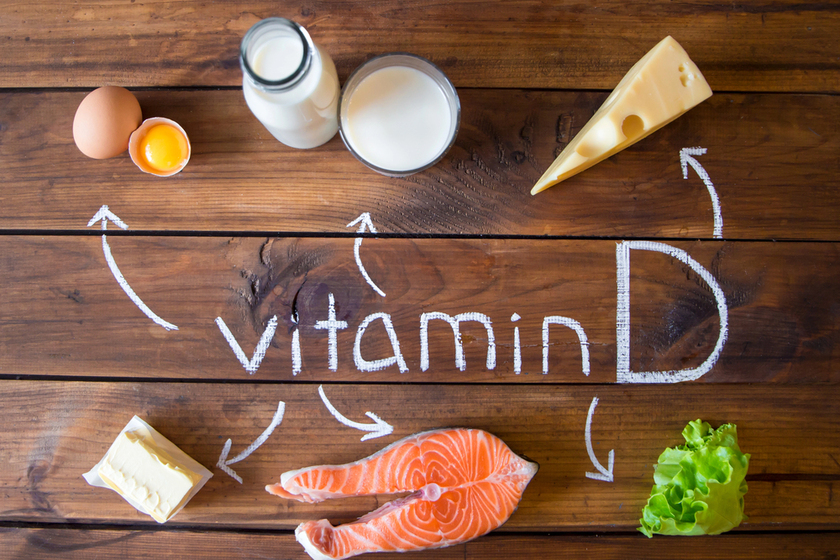Maintaining optimal vitamin D levels is crucial for health and well-being, especially for older adults. Integrating more vitamin D into seniors’ meal programs can significantly improve their overall health.
In this blog post, we’ll explore practical strategies to enrich seniors’ meal programs with vitamin D, ensuring they receive the necessary nutrients for a healthy lifestyle.
Why Vitamin D Is Important for the Elderly
Vitamin D plays a vital role in various bodily functions, including bone health, immune support, and mood regulation. For the elderly, maintaining adequate vitamin D levels helps prevent conditions like osteoporosis, supports cognitive function, and reduces the risk of infections.
Ensuring that you and your loved ones receive enough vitamin D through diet and sunlight exposure is essential for a healthy, active lifestyle.
Include Vitamin D-Rich Foods
One of the most effective ways to enhance vitamin D intake is by incorporating foods rich in this nutrient into your meal programs. Fatty fish such as salmon, mackerel, and tuna are excellent sources of vitamin D.
Fortified foods, including milk, orange juice, and cereals, also provide substantial amounts of this essential vitamin. Including these items in your meal programs ensures a steady intake of vitamin D, promoting overall health.
Optimize Sunlight Exposure
Sunlight is a natural and efficient way to boost vitamin D levels. Spend time outdoors in the morning or late afternoon, when the sun’s rays are less intense.
Engaging in activities and events outside, such as gentle walks or gardening, can provide a pleasant and effective way to enhance vitamin D levels naturally. Remember to balance sun exposure with proper skin protection to avoid risks associated with excessive UV exposure.
Use Supplements Wisely
While diet and sunlight are primary sources of vitamin D, supplements can be a valuable addition to your meal programs, especially if you have limited sun exposure or dietary restrictions.
Consult with a healthcare professional to determine the appropriate dosage and type of vitamin D supplement suitable for you or your loved ones. Supplements can help maintain optimal levels, ensuring you receive the necessary nutrients for overall health.
Incorporate Vitamin D into Daily Meals
Planning meals that naturally incorporate vitamin D can make a significant difference. Consider adding grilled or baked salmon to the weekly menu, or prepare a delicious breakfast with fortified cereals and milk.
A smoothie made with fortified orange juice and yogurt can be both a nutritious and refreshing option. By creatively integrating vitamin D-rich foods into daily meals, you or your loved ones can effectively maintain your health and well-being.
Educate and Engage
Educating your loved ones about the importance of vitamin D and encouraging them to make healthier food choices can lead to long-term benefits. Engage them in meal planning and preparation, making it a fun and interactive process.
Understanding the benefits of vitamin D and being involved in their dietary choices can empower your loved ones to take an active role in maintaining their health.
Monitor and Adjust
Regular monitoring of vitamin D levels is crucial to ensure that your loved ones are receiving the right amount. Schedule routine check-ups with healthcare providers to assess their vitamin D status and make any necessary adjustments to their diet or supplements. This proactive approach helps maintain optimal health and prevents potential deficiencies.
At our Independent Living community, we prioritize the health and well-being of our residents. Our meal programs are designed to meet their nutritional needs and promote a vibrant lifestyle. Contact us today to learn how we can support you and your loved ones in maintaining a healthy and fulfilling life.







